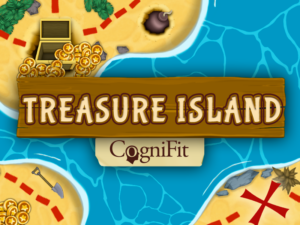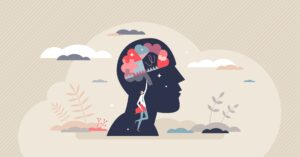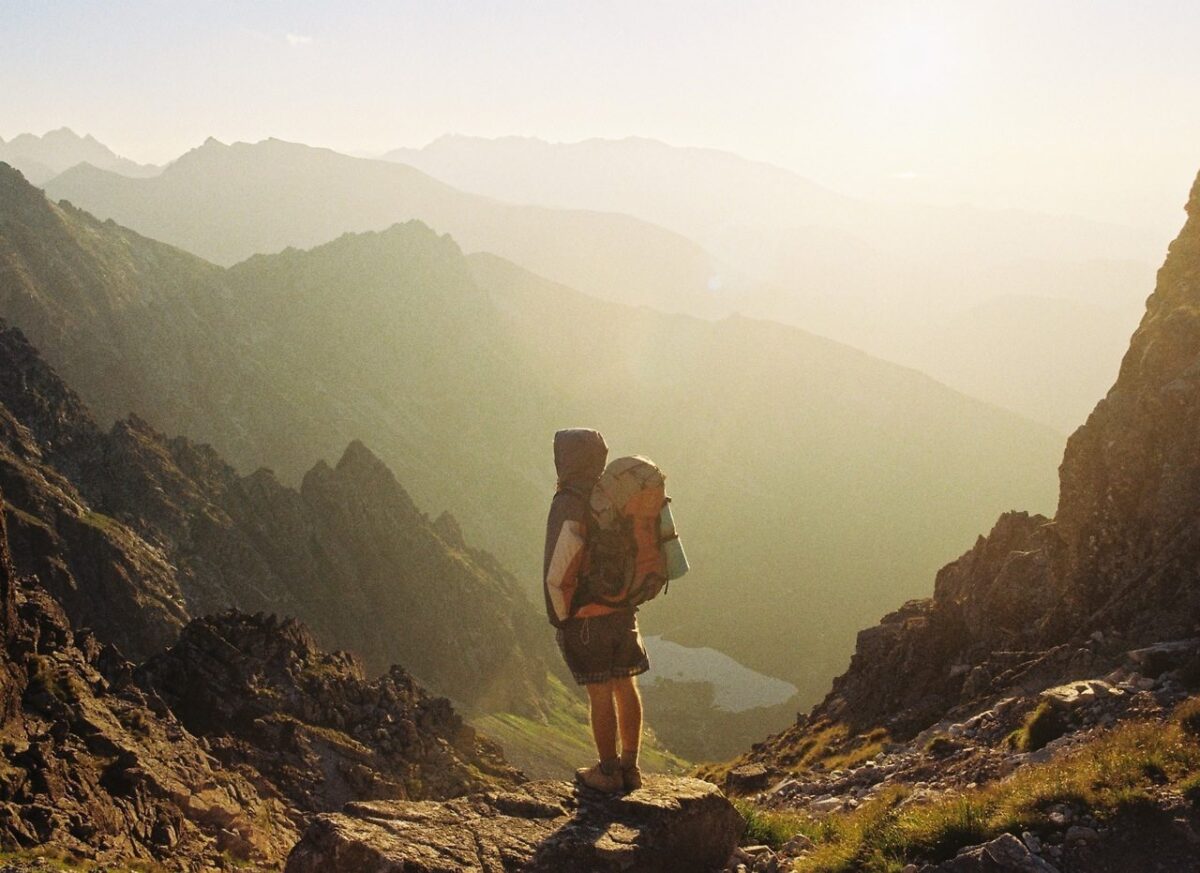
Are You A Traveling Addict? Find Out If You Have the Wanderlust Gene
Is there a “traveling” gene? Why does it seem like some people were born to travel? If your passport is full of stamps and endless stories, you might be part of the 20% of the population with a passion for travel. A mutation in the DRD4-7R+ gene, which relates to dopamine control, trying new things, and curiosity and impulsiveness is known as the wanderlust gene. If you have an insatiable desire for travel and are always looking for ways to get out of your comfort zone and travel,
you might have the wanderlust gene!
Most people have access to Internet, which has made it easier for everyone to find their kind of trip. Low-cost flights, car-sharing, and exchanging work for a place to stay have made it budget-friendly for people of all ages to travel around the world….all you need is a little bit of time and a passion for travel! A study conducted with young people from different cultures showed that those who were more willing to try new foods and travel off the beaten path also had different travel patterns, visited different sights, and did different activities than those who took the “more conventional” trip.
Traveling can be addicting, and once you start collecting stamps it’ll be too late!
Were you born to travel? What is the wanderlust gene?
What is the Wanderlust gene? Wanderlust is a word that we’ve borrowed from German, meaning “strong desire to travel”.
An explorer sets out with just the clothes on his back, a backpack, and no plan. He wants to collect memories, not souvenirs. He’s looking for adventure, and wants to enjoy the risk that comes along with it. He will enjoy the authenticity of each place he visits and try to fit in the best he can, leaving his own customs at home. He’s a chameleon and fits in anywhere. He prefers to sleep in a tent in the woods, or on the beach, looking up at the stars. This explorer makes himself a local wherever he goes and enjoys meeting new people and making new friends. He is fun and extroverted, and always ready for the next adventure, even after one 3 hours of sleep. He wants to change the world, and he laughs at the “problems” that arise, knowing that they won’t matter next week…
He is naturally curious and wants to know “why”. An explorer finds new ways to get old places, and doesn’t take the easy way-the more people he can talk to, the more he can learn, the better.
Some people might think he’s crazy and that it’s too much, but he’s charismatic and people love how freely he lives his life, leading people to be awestruck in his presence.
What causes some people to be adventurous and go to exotic places?
Hike Mt. Everest, jump out of a plane, swim with sharks…Why do some people do such risky things just for fun? Why do some people like it, and others don’t?
As humans, we like expanding our territory. We want to see things with our own eyes because seeing is believing. We want to tell our own story and see things for ourselves, because watching a documentary or reading a book isn’t the same.
Dopamine might be the cause of our “crazy” traveling
It’s thought that the cause of all this movement and desire for adventure is dopamine, a chemical messenger in charge of pleasure. We secrete dopamine when we’re in happy situation, which also causes us to search for these situations that make us happy because it makes us feel good. Food, coffee, chocolate, tobacco, and alcohol all stimulate dopamine production!
A mutation in charge of regulating dopamine is the DRD4-7R+ gene (also known as the wanderlust gene). Scientists have associated this variation present in only 20% of the population. The gene 7R+ causes us to be more susceptible to take risks, explore new places, new ideas, new foods, meet new people, consume more stimulants, and move more in general.
People with this gene naturally have a higher amount of dopamine in their system, which is why they crave more dangerous or adventurous situation in order to feel its affects than someone with normal or little dopamine.
There are some studies, like the one that Moyzis carried out, that relate this gene mutation of longevity. Those who need this extra activity to get their “ration” of dopamine are inevitably more active and always moving. It could also be associated with looking for something new and different.
Where does the travel gene come from?
A 1999 study by Chaunsheng Chen at the University of California found that the mutation DRD4-7R+ was more common in nomad populations than in sedentary populations. Another study from 2011 by Matthews and Butler confirmed these results after finding that the 7R+ gene was generally more frequent in societies whose ancestors covered large distances since they left Africa. Both studies mention the type of nomadic life-style associated with the majority of people who have the 7R+ variant of the DRD4 gene. It’s also been shown that people with this gene have more children than those who didn’t migrate.
Human migration isn’t only a characteristic of the modern world. We’ve been migrating since our ancestors have existed… which is over 2 million years ago! Migration makes survival more possible, because it brings us to new places with more opportunities, whether it be more resources or better living conditions. If you think about it that way, it doesn’t seem so odd that this idea would be left behind in our genes!
-
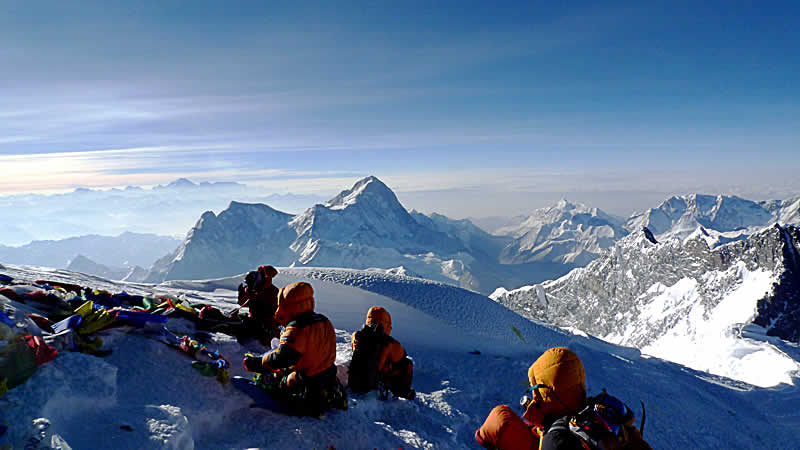
Wanderlust gene
Is DRD4-7R+ the gene for adventure and a passion for traveling?
Kenneth Kidd, geneticist at Yale believes that calling the gene the “travel gene” is an exaggeration. “We can’t reduce human exploration to a single gene. Genetics doesn’t work like that…there isn’t one gene or group of genes that makes us explorers!”.
Genes make up part of a much more complex equation. For Epstein, “Genes can only explain 50% of who we are”. Besides, dopamine isn’t the only substance that influences out behavior, serotonin also plays a role. “Adventure or the desire for adventure is a psychological structure at a high level”.
Jim Noonan says “our ability to explore depends on our extremities and our brain”. The extremities help us walk long distances and the brain makes up able to imagine far-away places. We also need the means to make exploration possible.
Alison Gopnik, child development psychologist at the University of California says that due to our long and protected childhood, we we are able to test our exploratory abilities and see the benefits of exploring without endangering our lives. When we’re older, we stop playing and looking for new alternatives, which leaves us in known territory. Those who keep a playful attitude and apply it to every moment of their lives are explorers!
The wanderlust gene in its most obsessive form…
Dromomania or traveling fugue is is an uncontrollable desire to wander and explore new places without being entirely conscious of what they’re doing. A person with dromomania may break their routine without any warning and take on new identities as they travel. In 1886, Albert Dadas was registered as the first case of dromomania. No one had heard from Dadas after missing work one morning, no messages and no signs of life. Did he vanish off the face of the Earth? He appeared a year later, exhausted. He said how one morning, he had decided to keep walking. He walked and walked until reaching Algeria, Egypt, and northern Europe, ending up in Moscow. He realized that he felt the need to do it again…
That day, for no particular reason, I decided to go for a little run. So I ran to the end of the road. And when I got there, I thought maybe I’d run to the end of town. And when I got there, I thought maybe I’d just run across Greenbow County. And I figured, since I run this far, maybe I’d just run across the great state of Alabama. And that’s what I did. I ran clear across Alabama. For no particular reason I just kept on going. I ran clear to the ocean. And when I got there, I figured, since I’d gone this far, I might as well turn around, just keep on going. When I got to another ocean, I figured, since I’d gone this far, I might as well just turn back, keep right on going.
Psychological benefits of traveling
- A passion for traveling opens your mind and your world
- It makes you tolerant
- A passion for traveling makes you altruistic and a humanitarian
- A passion for traveling helps you solve problems
- It makes you more respectful
- A passion for traveling makes you more creative
- A passion for traveling improves self-esteem
- It helps you reinvent yourself
- A passion for traveling helps you overcome silly fears
- It will make you laugh at life, and laughing has health benefits
- A passion for traveling will make you natural
- It makes you feel alive!
- A passion for traveling sharpens your instincts
- It’ll give you tons of stories to tell
- You’ll understand the world in which you live
- And you’ll learn about what’s really important
While moving constantly and finding new adventures can be exciting, it can also be lonely and disorienting. When a traveler spends a long time away from home, they may begin to feel isolated and have trouble identifying with their home. This can hurt relationships, families, cause stress or poor eating habits… and don’t forget reverse culture shock. After traveling to a new place, you’ll need a settling-in period when you arrive to a new place, whether it’s your home or not.
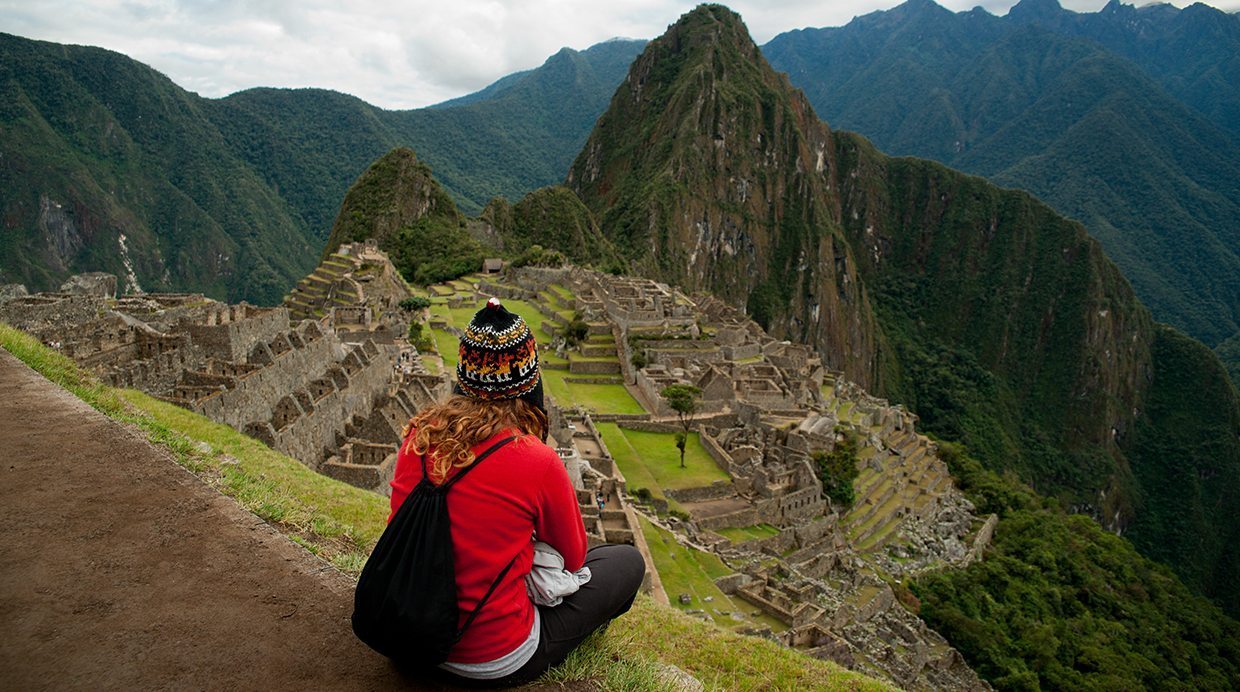
What is the wanderlust gene
Some people don’t feel this necessity to leave their comfort zone, while other can’t be in the same place for a long time. Now we know that there is something linking a passion for travel with curiosity and impulsiveness, so if you’ve ever though about quitting your job or leaving school to travel the world with just your backpack in tow… Think twice! Take the time to be rational and really think about what you’re doing. It could be the adventure of a lifetime, but it could also have major, real-world repercussions.
Do you enjoy traveling? We would love to hear about it! Reach out and share your stories with us at CogniFit.



